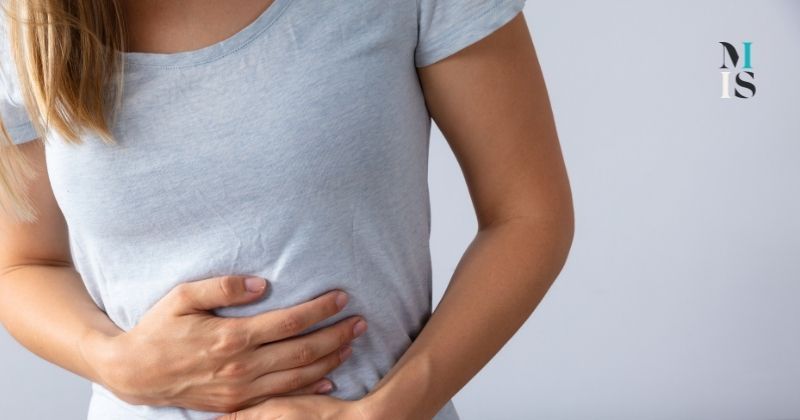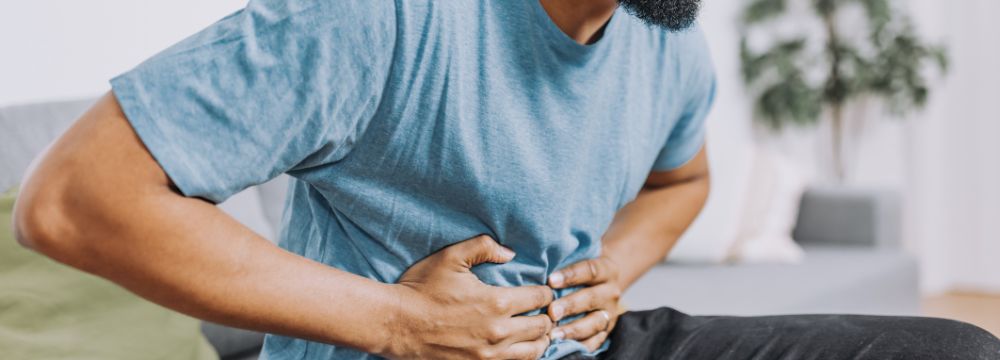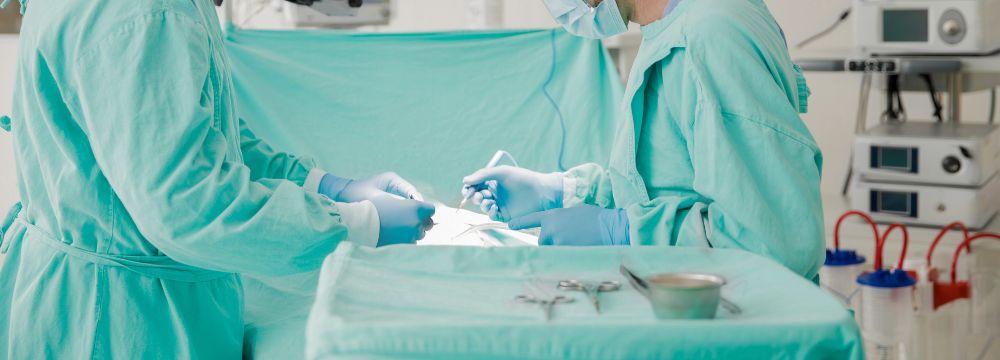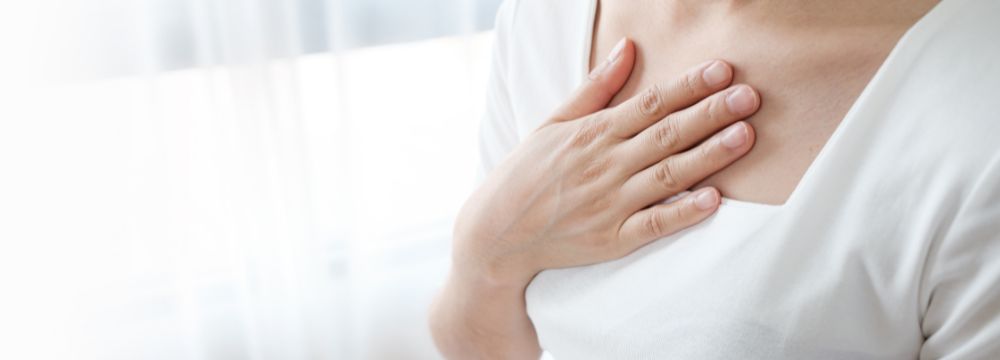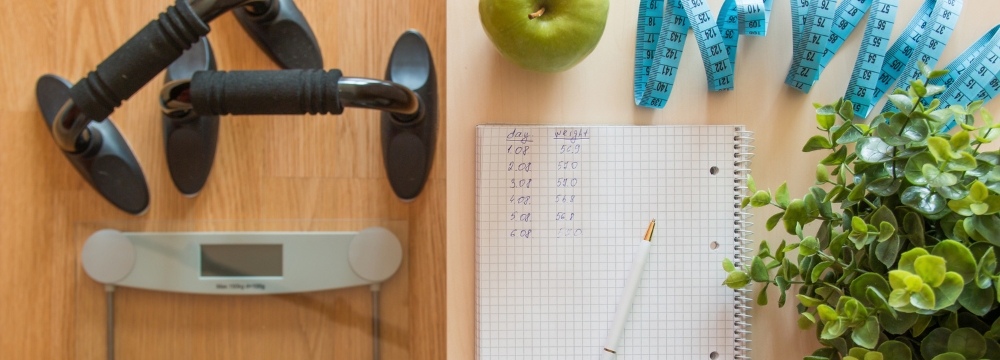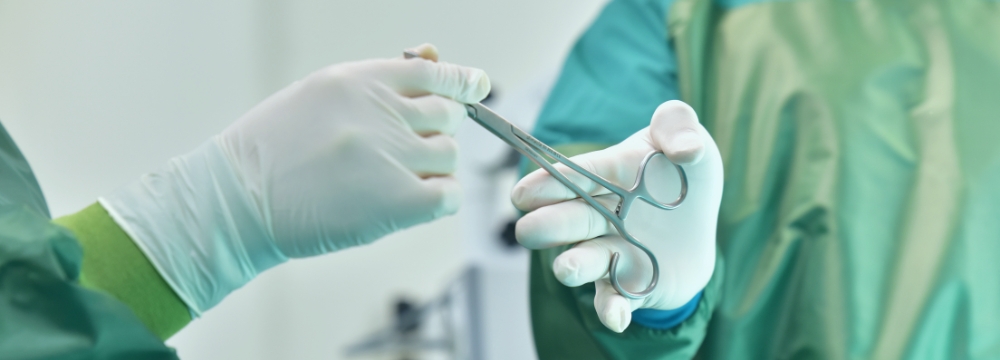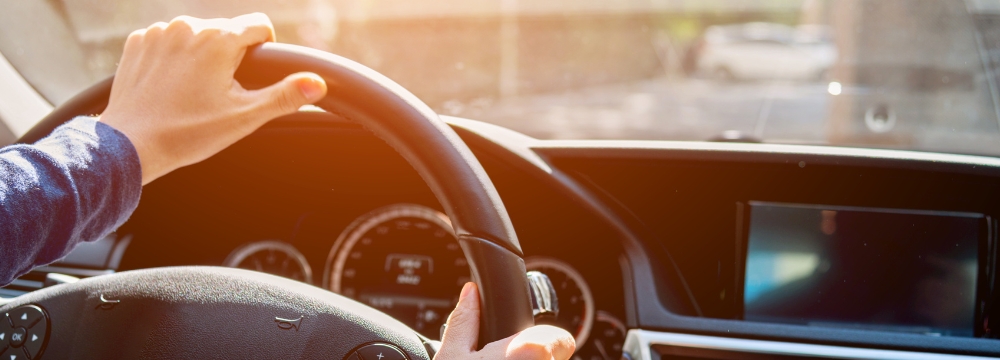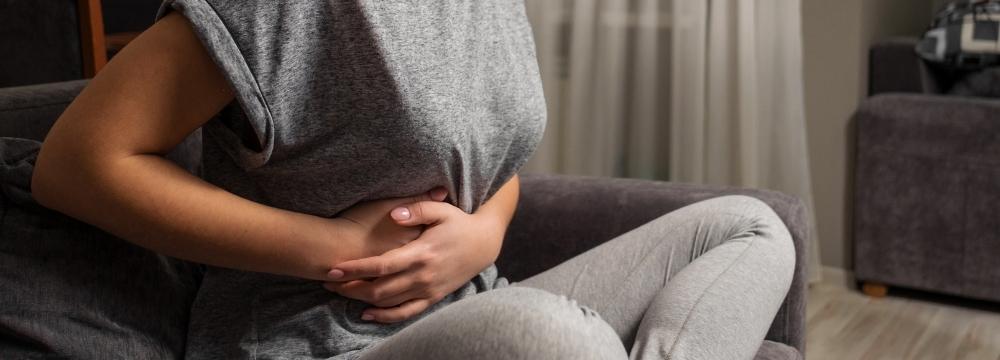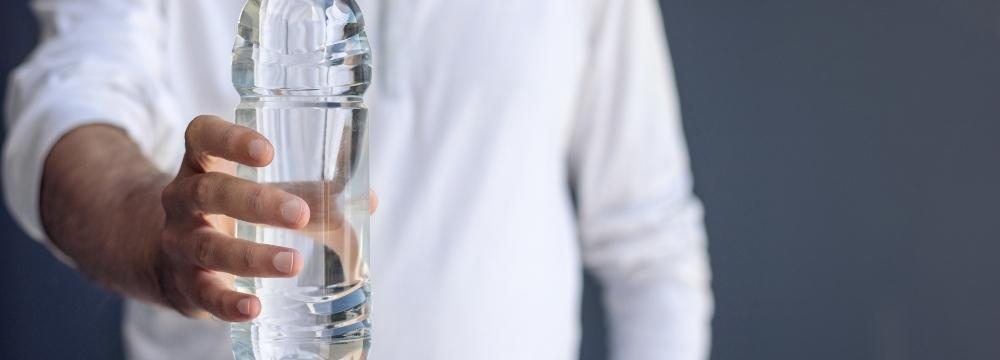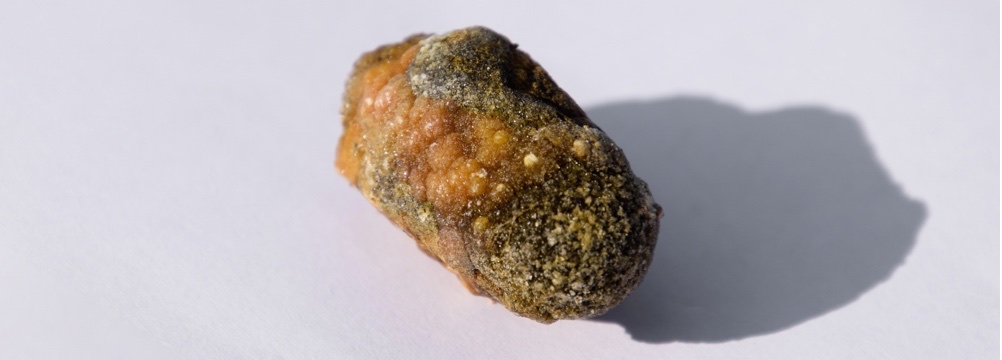Gallbladder
Most patients understand that removing their gallbladder is the only way to eliminate significant, symptomatic gallbladder issues. Fortunately, gallbladder removal is very straightforward, and the vast majority of patients will have their surgery and get on with their lives very quickly. However, if you dig a little deeper on the Internet and research what others have said about gallbladder surgery, you might come across 2 worrisome post-surgical issues. While we do not suggest using the Internet as your guide to surgery, we do know that a bit of research is inevitable, so we want to discuss what you may see.
Gastrointestinal upset after gallbladder removal
Gastrointestinal upset is very common after gallbladder surgery. To understand this, we must first dive into what the gallbladder actually does. Your liver creates a substance known as bile which helps breakdown dietary fat during digestion. Your gallbladder is a repository for this bile. When you eat a particularly heavy, fatty meal or when extra bile needs to be produced, the gallbladder contracts and releases it on demand. However, when the gallbladder is no longer available to perform this action, fat may continue through the gastrointestinal system only partially digested. This can cause some GI upset including loose stools, flatulence, and diarrhea. However, this usually improves over the first several weeks after surgery as the liver becomes accustomed to producing more bile and makes up for the gallbladder removal. Some patients will experience longer term GI upset, but most patients do not find this particularly difficult or uncomfortable to manage. If you do have concerns about GI upset after gallbladder surgery, we encourage you to discuss it during your consultation or if you’ve already had gallbladder surgery, schedule a follow up appointment with your surgeon to understand more.
Weight gain after a gallbladder removal
The other common online discussion you may find revolves around patients blaming weight gain on their gallbladder removal surgery. However, there is no evidence to support that. Rather, let’s think about your eating habits both before and after gallbladder removal. When you have symptomatic gallstones or gallbladder disease, you may experience attacks after a heavy, fatty meal. As a result, patients who have gallbladder issues tend to eat less and avoid many of the foods that trigger their attacks. This can keep their weight down. However, once the gallbladder is removed and their diet is normalized, there is the temptation to liberalize their diet and add more fatty foods. This can lead to weight gain. So again, this is not because of the surgery itself, but rather the lack of self-limiting symptoms of gallbladder disease.
The bottom line
Removing your gallbladder is the definitive way to alleviate the sometimes-debilitating symptoms of gallbladder disease or gallstones. However, while you may read of a number of issues online, know that gallbladder surgery is very safe and effective. Further, understand that some of the issues discussed online may not correlate directly with surgery, but are instead a result of behaviors that change due to the gallbladder being removed. If you are concerned about these potential issues after surgery, we suggest that you speak to your surgeon and have an open and honest conversation about your concerns. However, it is also important to remember that once you’ve had your first gallbladder “attack” the subsequent attacks are likely to be longer in duration and more painful. So, addressing gallbladder issues early can eliminate this discomfort before it becomes debilitating.

